Internationalization is one the most vital elements of ANQA’s activities. The scope of activities aimed at internationalization include but are not limited to the following:
| Name of the organization | Date of the membership | Status |
|---|---|---|
| INQAAHE | 2011 | Full member |
| ENQA | 2017 | Full member |
| CIQG | 2016 | Member |
| CEENQA | 2017 | Member |
| ETF | 2020 | Member |
| GAIN | 2025 | Member |
The National Center for Professional Education Quality Assurance (ANQA) has been admitted to the European Quality Assurance Register for Higher Education (EQAR) since 2017.

The QA4VET project aims to enhance the VET quality in Armenia, developing and implementing mock accreditation processes and tools that support quality assurance in VET institutions, fostering the formation of education quality culture. The project intends to study European practice, strengthen Armenian specialists’ capacities and prepare recommendations for continuous quality enhancement in VET institutions, with a special emphasis on green and digital education.
The coordinator of the QA4VET (Implementing Mock Accreditation for supporting quality assurance in Armenian VET institutions) project is the Romanian Agency for Quality Assurance in Pre-University Education (ARACIP). The Armenian partners are ANQA, Yerevan Regional State College No. 2 named after N. Achemyan, Vardenis Medical-Humanitarian College, and the "Armenian Center for Educational Policy and Management" NGO. The project also involves a German partner, INVOLAS Institute for Vocational Education and Training, Labor Market and Social Policy.

The eCAMPUS project is a four-year national and structural reform project co-funded by the ERASMUS+ CBHE programme of the European Union.
The project aims to enhance the quality of digital teaching & learning (T&L) in Armenian universities through multiple strategic initiatives. These include developing teaching staff's digital skills, implementing internal QA mechanisms for digital T&L, establishing adequate digital educational ecosystems with model infrastructure, introducing innovative educational practices, and creating a supportive regulatory framework.
THE ECAMPUS PROJECT IS AIMED AT:
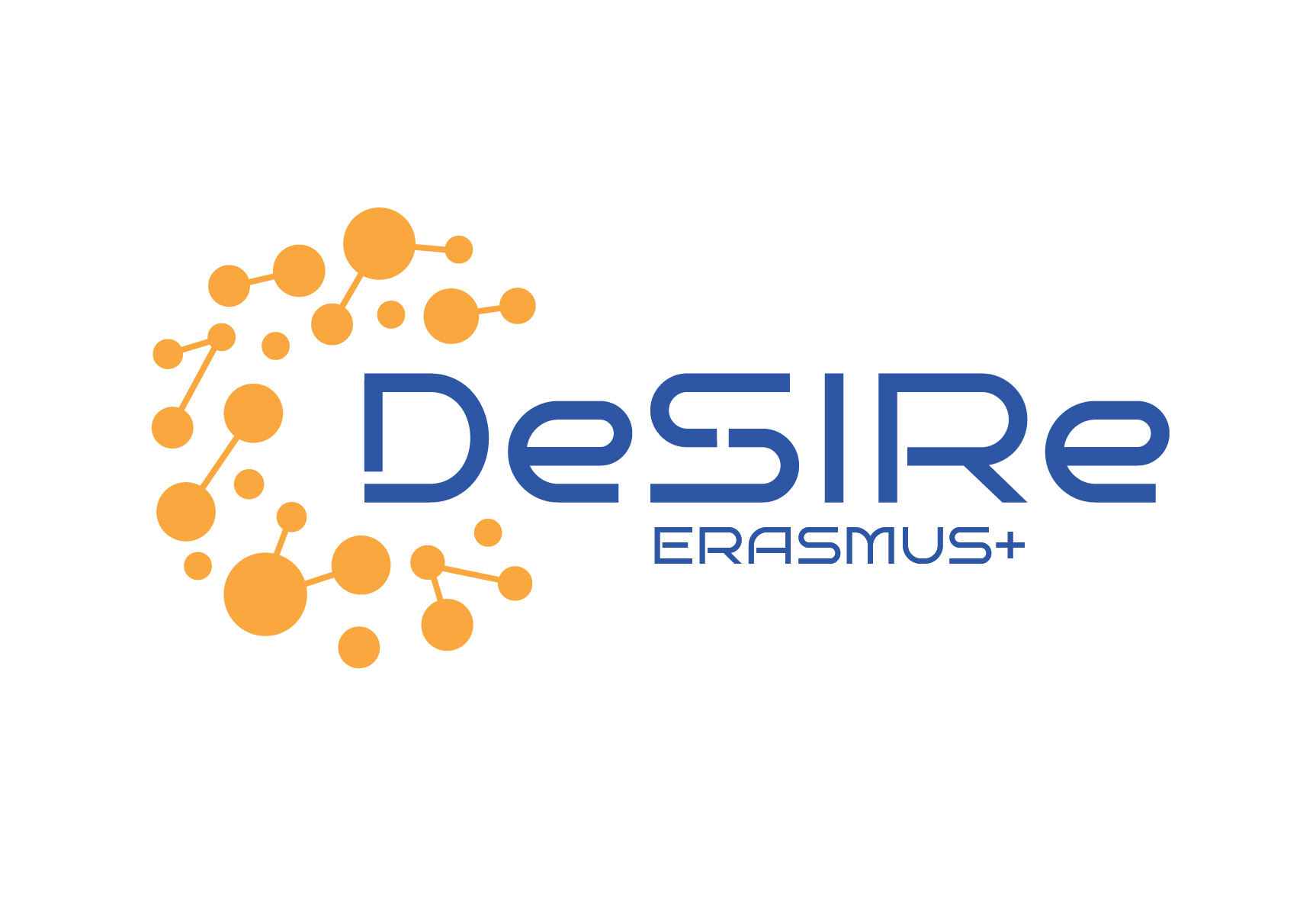
The three-year DeSIRe project, funded by the European Union’s Erasmus+ Capacity Building program, aims to enhance the development of soft skills in higher education institutions in Armenia and Georgia, aligning them with the demands of the 21st-century job market. The development of soft skills ensures that students receive a well-rounded education and equips individuals with the ability to adapt to a constantly changing environment and stay competitive in the job market. The project aims to bridge the gap between the soft skills provided by higher education institutions in Armenia and Georgia and the needs of the labor market.
The overall objective of the project is fostering the development of national education systems in Armenia and Georgia regarding SS-based teaching and learning methodologies, tailored framework, strategies, and techniques through enhancing the quality of academic content in line with the 21st century labour market to boost students’ career prospects, their employability and entrepreneurial skillset, thereby helping them deal effectively with challenges of their professional and everyday life.
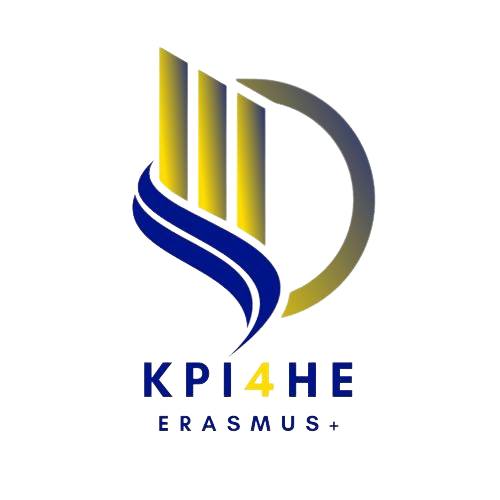
“Establishment of National framework of Key Performance Indicators for good governance and quality towards inclusive, digital and green oriented higher education in Armenia” (KPI4HE) (2024-2027) project aims at improving higher education system governance, university strategic planning and management contributing to quality and inclusive, digital and green oriented higher education in Armenia through development and implementation of National framework of Key Performance Indicators (KPIs) for higher education (NF-KPI), operationalization of Institutional Research and Planning Services (IRPS) and revision of State Institutional Accreditation Standards in line with NF-KPI.
Capacity building of national and institutional administrators, decision and policy makers, educators and researchers to integrate the Sustainable Development Goals targeting environmental issues into NF-KPI as tool for higher education steering and university practices of governance, strategic planning, management and quality assurance will be the core of the project.

MICRO-GEAR (MICRO-CREDENTIALS FOR HIGHER EDUCATION SYSTEMS OF GEORGIA AND ARMENIA) is a 3 year (2024-2027) ERASMUS+ project.
Micro-GEAR is supporting structural reforms in the higher education sector of the South Caucasus region, primarily focusing on Georgia and Armenia, with the aim of introducing and facilitating the broad proliferation of micro-credentials as a tool for improving relevance, quality and flexibility of higher education. In line with the European Council’s Recommendation on a European approach to microcredentials for lifelong learning and employability, the project will update the National Qualifications Frameworks in both countries, build national consensus over principles of micro-credentialing, stimulate educational activities leading to micro-credentials and facilitate their mutual recognition. In order to validate the suggested reforms, to provide feedback to the policy level, as well as to facilitate the proliferation of micro-credentials, the project will implement the pilot programme covering the capacity building on micro-credentials and the development of educational units leading to micro-credentials.
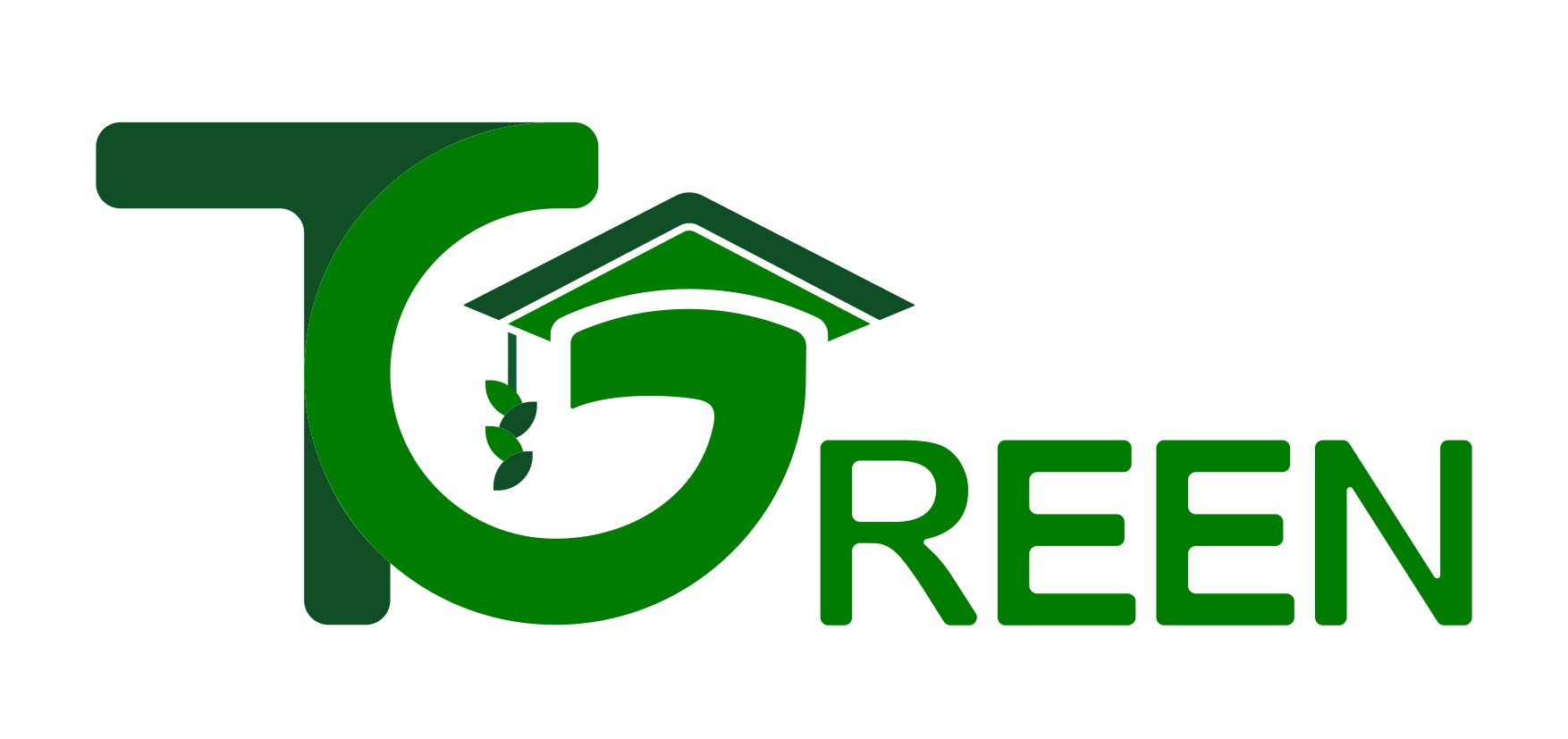
"Transforming Graduate Education for Green and Sustainable Future” (T-GREEN) is a three-year project. T-GREEN focuses on necessary reforms in post-baccalaureate education at universities, with a key emphasis on "Green" policies. Its implementation aims to facilitate the transition of universities from traditional educational programs to future-oriented, green, and interdisciplinary programs. It promotes student mobility and develops structures for the implementation of educational programs that grant joint qualifications.
The main objective of the project is to enhance the capacities of national and institutional administrative staff, decision-makers, policymakers, educators, researchers, and students. This will enable these stakeholders to integrate sustainable development goals and environmental issues into policies and educational content.
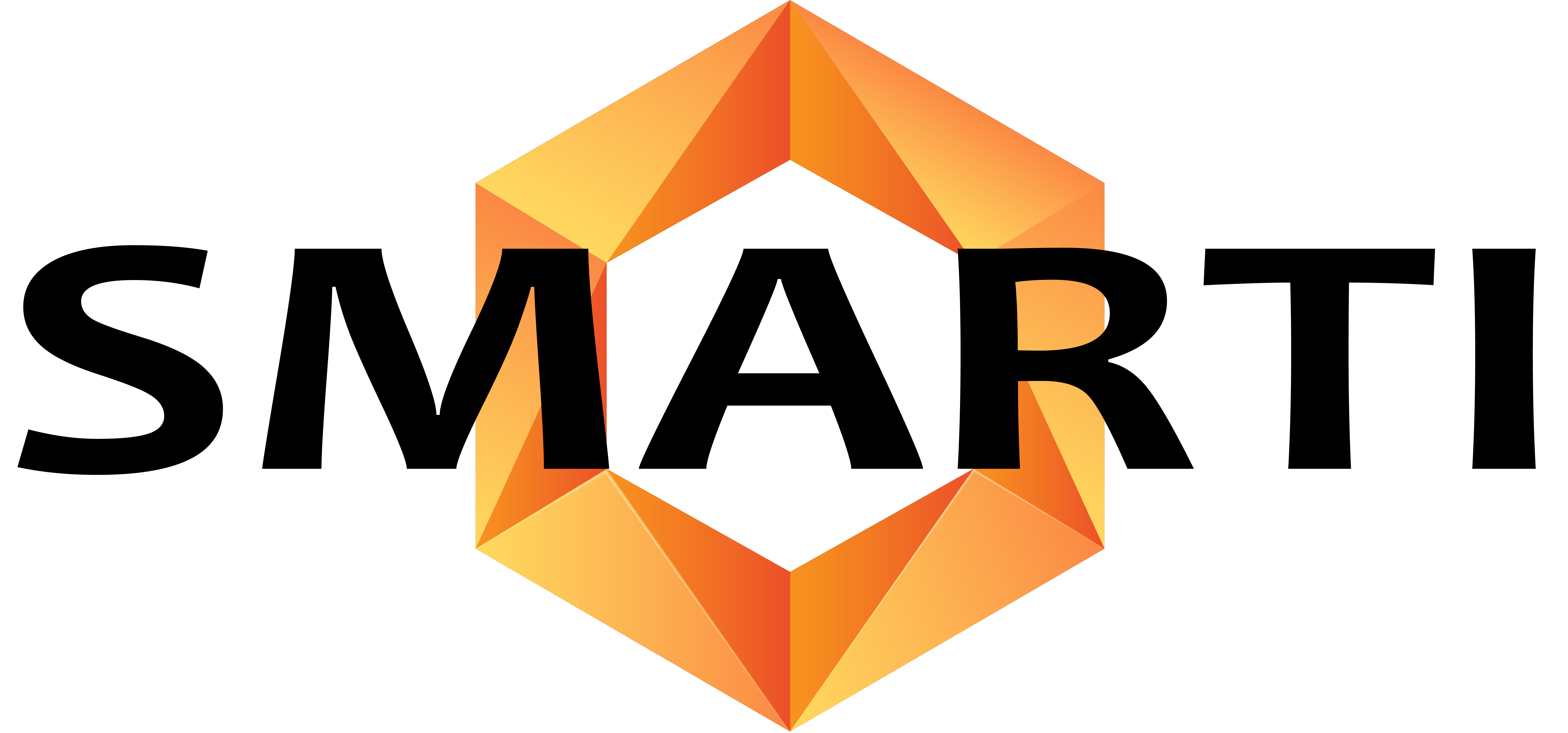
SMARTI project (Support for Innovative Methodology, Approaches and Tools for Teaching through the Medium of English in order to improve Educational Yield, Sustainability and Internationalization) is a three-year multi-country project, seeking to promote a change in the system of pedagogic training of university teachers through teaching in English by modernization of curriculum for national and international spectrums.

DEQAR CONNECT is a program funded by ERASMUS+. The goal of the DEQAR CONNECT program is to promote quality assurance and its recognition in the European Higher Education Area. DECAR is EQAR’s Database of External Quality Assurance Reports, launched in 2018.The DEQAR CONNECT project focuses on two of the EHEA key commitments, supporting quality assurance and recognition inside the EHEA, and consists of two strands:
· DEQAR CONNECT expands coverage to EHEA countries currently under-represented in DEQAR, by supporting the participation of agencies that could not join DEQAR in the first stage.
· The aim of DEQAR CONNECT program is to enhance connectivity by exploiting existing synergies and exploring new opportunities to use DEQAR data directly in the recognition workflow, digital credentialing and elsewhere.
The program is coordinated by The European Quality Assurance Register for Higher Education.

The Capacity Building in QA of HEIs in Armenia (Jaunary-April 2021) project aims at supporting the HEIs towards the reinforcement of the internal quality assurance and preparing universities for the accreditation process.
During the ongoing months, there will be capacity building training for stakeholders. Then the universities will conduct a SWOT analysis. Preliminary evaluation, site visit, and enhancement report will follow.
As a result, HEIs will improve their self-assessment skills and strengthen the continuous enhancement of quality culture.
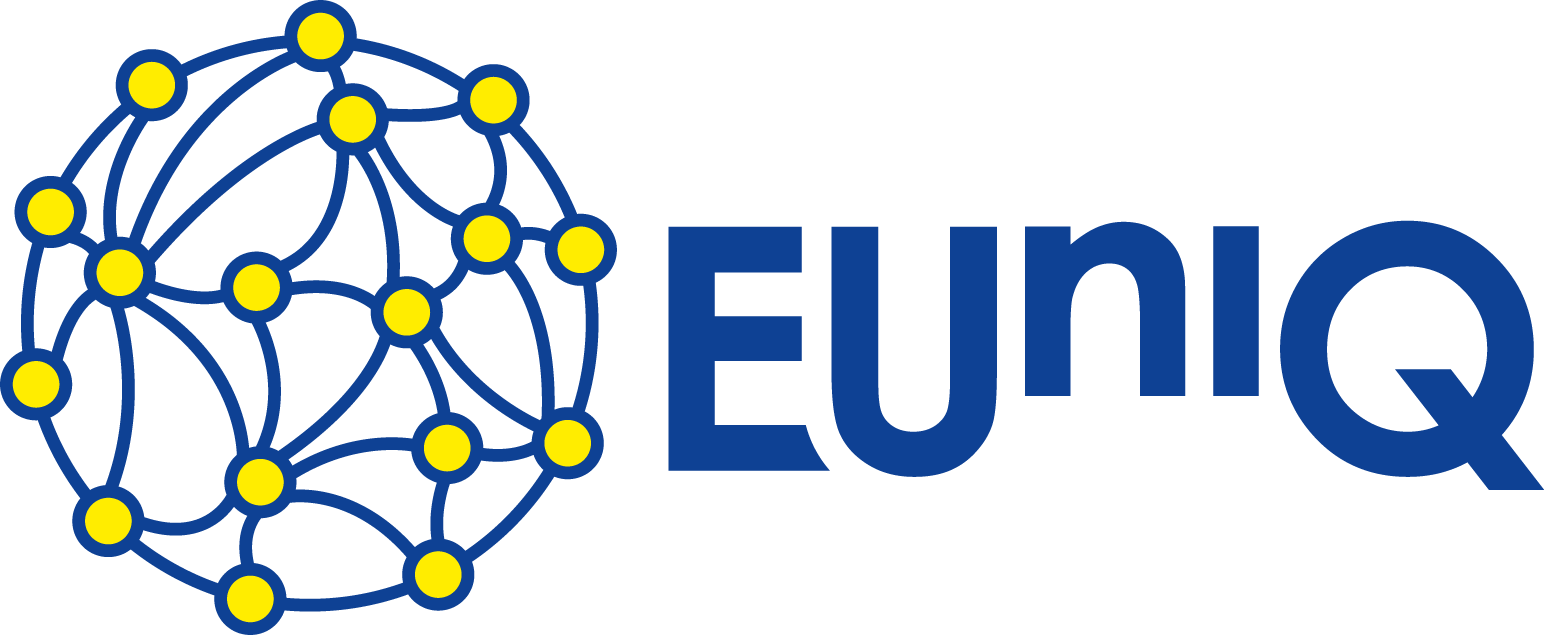
Developing a European Approach for Comprehensive QA of (European) University Networks – EUniQ is a 2-year project (2019-2021) coordinated by NVAO.
The EUniQ project supports QA agencies in addressing evolving methodological challenges. It intends to provide a roadmap for QA agencies to jointly develop QA methodologies, from a needs analysis to a developed QA approach.
The developed QA framework will be tested through four pilot assessments of European Universities.

C3QA (Promoting internationalization of research through establishment and operationalization of Cycle 3 Quality Assurance System in line with the European Integration Agenda) is a three-year cross-regional and multi-partner structural project under EAC/A04/2015 call and Key Action 2 – Capacity Building in the Field of Higher Education.
Its wider objective is to contribute to the establishment of a knowledge-based society in Armenia, Kazakhstan, Ukraine, and Mongolia through the launch and operationalization of a robust quality assurance system for internationalization of Cycle 3 programs.

The ESPAQ (Enhancing Students Participation in Quality Assurance in Armenian HE) project tackles one of the core challenges of Armenian higher education related to the quality of its provision and outcomes, through engaging the students into processes of quality assurance (QA) and enhancement of their learning experience.
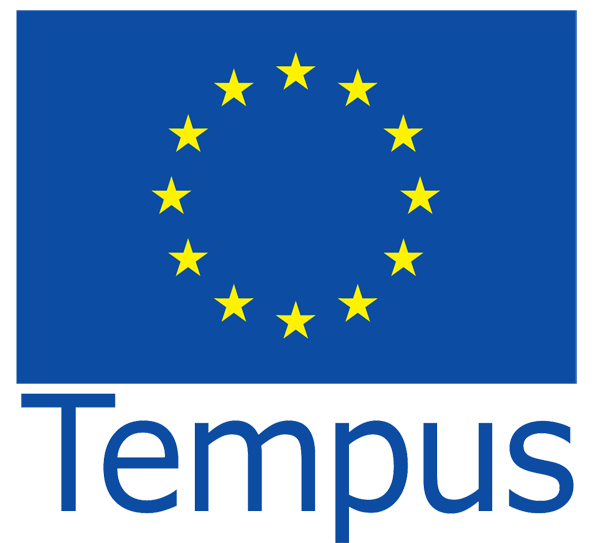
DIUSAS: Development and Integration of University Self-assessment Systems2 years (2010 – 2012).
The aim of the project is to develop a university self-assessment system with the aim to establish a culture that values quality in service provisions.

The project Promoting Internationalization and Comparability of Quality Assurance in Higher Education (PICQA) (2010 – 2013) aims at enhancing the quality of higher education in Armenia and Georgia by promoting internal and external quality assurance systems which are acceptable both regionally and internationally.

TNE_QA (PROMOTING QUALITY AND RECOGNITION OF TRANSNATIONAL EDUCATION IN ARMENIA AND GEORGIA) is a three-year multi-country project, under the priority of Governance Reform, EACEA N° 35/2012, 6th call, National Priorities and Structural Measures action. The wider objective is to enhance quality, and promote regulation and recognition of transnational education provisions in Armenia and Georgia through establishing internal Higher Education Institutions (HEIs) and external (EQA) quality assurance mechanisms in line with OECD/UNESCO guidelines.

VERITAS (STRUCTURAL DEVELOPMENT OF THE THIRD CYCLE BASED ON SALZBURG PRINCIPLES) is a three-year national project, under the priority of Governance Reform, EACEA N° 35/2012, 6th call and Structural Measures action. The wider objective of the project is to ameliorate doctoral education in Armenian Higher Education System through alignment with European Qualifications Framework and Salzburg Principles.
Picasa (Promoting Internationalization of Heis in Eastern Neighbourhood Countries through Cultural and Structural Adaptations) is a three-year multicounty project, under the Regional Priority for Governance Reform, EACEA N° 35/2012, 6th call, Structural Measures action. The wider objective is to promote recognition of Eastern Neighbouring Area HE systems - Armenian, Georgia, Belarus and Ukraine - through development and integration of internationalization dimensions into structural and cultural components of HEIs management.
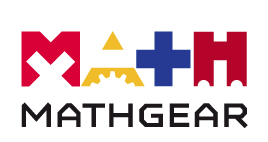
MathGeAr: Modernization of Mathematics curricula for Engineering and Natural Sciences studies in South Caucasian Universities by introducing modern educational technologies
The overall objective of the project is to improve the quality of STEM education in South Caucasian region by modernizing and improving the curricula in the field of Mathematics

MAHATMA: Master in Higher Education Management: Developing Leaders for Managing Educational Transformation
MAHATMA (MASTER IN HIGHER EDUCATION MANAGEMENT: DEVELOPING LEADERS FOR MANAGING EDUCATIONAL TRANSFORMATION) is a three-year multi-country joint project, under the EACEA NQ 2512011, 5th call and Curricular Reform action.
MAHATMA'S wider objective is to promote transformation of higher education management in Armenia and Georgia through introduction of a new Master's programme/professional development courses in higher education management.
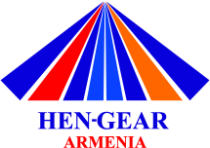
HEN-GEAR: Higher Education Network for Human Capital Assessment and Graduates Employability in Armenia. The project aims at uphold the higher education reforms and modernization process in place in Eastern Neighbouring Area, by addressing quality assessment and support of graduates' employability in the country of Armenia

GOVERN (Fostering Autonomy and Accountability: Development of State-of-the-art HE Management System for Efficient Changes in Line with Bologna Principles) is a three-year national project, under the priority of Governance Reform, EACEA N° 35/2012, 6th call and Structural Measures action. The wider objective is to enable application of the state-of-the-art management system at Armenian HEIs for promoting effective and efficient structural changes in line with Bologna agenda thus enhancing HEIs autonomy and accountability.

ALIGN (Achieving and checking the alignment between academic programmes and qualification frameworks) is a three-year multi-country project within the scope of EACEA N° 35/2012, 6th Call National Priorities for Joint Projects in Governance Reform. The wider objective of the project is to enhance the intelligibility, consistency and transferability of qualifications through establishment of mechanisms for higher education institutions to achieve alignment of academic programmes with national qualification frameworks and for quality assurance agencies to check such alignment.
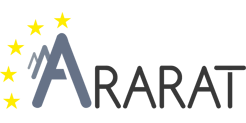
ARARAT (ARMENIAN COORDINATION AGENCY “UNIVERSITY – EMPLOYER”) is a three-year national project, under the priority of Higher Education and Society, EACEA N° 25/2011, 5th call and Structural Measures action. The wider objective of the project is to ameliorate the relevance of higher education to ever-changing labour market needs through establishment and operationalization of universities-employers cooperation nexus in Armenia.